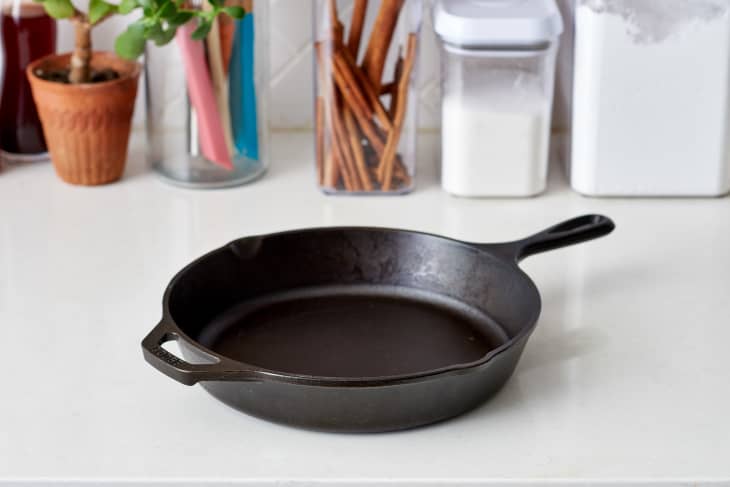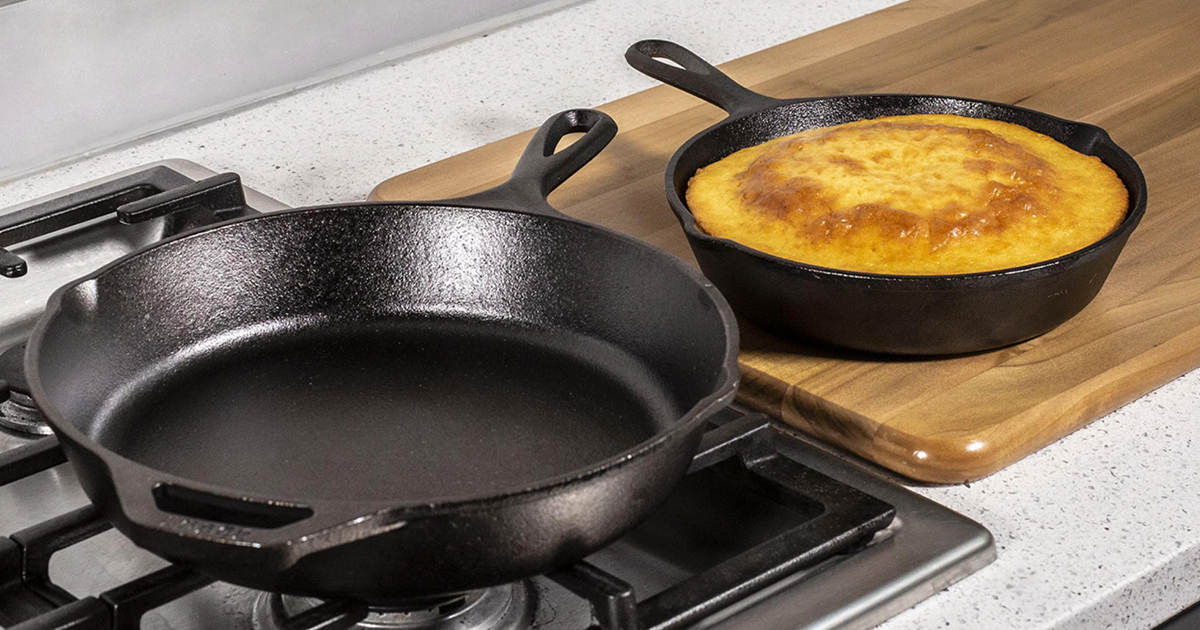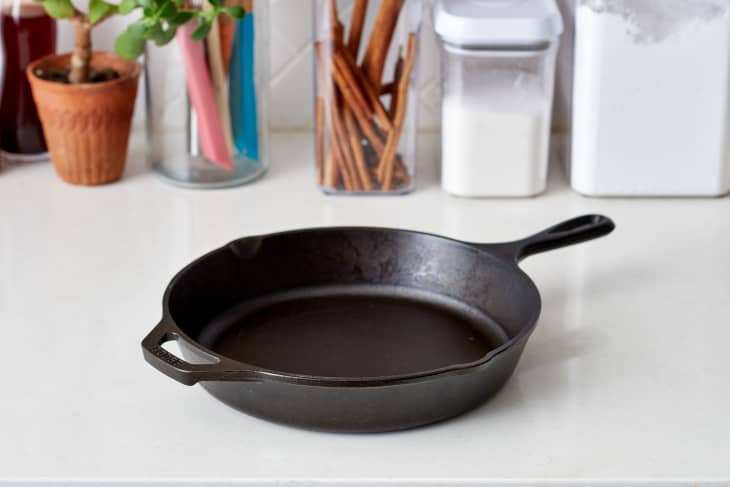For kitchen professionals, the way you care for your cast iron skillet can be a game changer. Learning how to treat a cast iron skillet effectively can enhance your cooking experience and the quality of your meals dramatically, making them more delightful for both you and your patrons.
In this article, we will break down crucial steps, share including essential tips, and guide you on how to maintain this remarkable piece of cookware. From seasoning to cleaning, we have you covered.

The Significance of Cast Iron Cookware
Cast iron skillets are revered in the culinary world for their ability to hold heat and distribute it evenly. Their durability makes them unmissable for long-term use, and, with proper care, they can last for generations. Professionals know that a well-treated cast iron skillet is one of the finest tools in their kitchen arsenal.
Prepping Your Skillet for Use
Prior to using your skillet, it's crucial to prep it properly. Whether you're a seasoned chef or an amateur cook, starting with a clean skillet ensures the best cooking experience. Refer to this guide for the best prepping techniques.
Seasoning Your Cast Iron Skillet
Seasoning is an essential part of how to treat a cast iron skillet. It creates a natural non-stick surface while preventing rust. Here's a step-by-step process:
- Clean your skillet with hot water and a stiff brush. Avoid soap as it can strip the seasoning.
- Dry it thoroughly; moisture can lead to rust.
- Apply oil: Use a high smoke point oil like flaxseed or grapeseed oil.
- Bake the skillet upside down in the oven at 450F for one hour. This allows the oil to polymerize, forming a solid non-stick coating.
Importance of Regular Seasoning
Regular seasoning is vital for maintaining the integrity of your skillet. Depending on usage, you may need to season it every few months, or more often if it gets frequent heavy use. A shiny black surface indicates a well-seasoned skillet!
Post Cooking Care
After youve used your skillet, allow it to cool, then clean it properly. Follow these steps:
- While the skillet is still warm, use a scraper to remove the residue.
- Rinse under hot water. For stubborn food particles, use a non-metal brush.
- Dry completely to avoid rusting. If possible, return the skillet to low heat for a few minutes to remove any remaining moisture.
- Apply a thin layer of oil to maintain the seasoning.
Deep Cleaning Techniques
Sometimes your cast iron skillet might need a deep clean. Check out this resource for excellent tips on restoring the skillets health.
Storing Your Cast Iron Skillet
Storing correctly can prolong the life of your skillet. Ensure it is completely dry before storing. Avoid stacking other cookware on top of it to prevent scratches or dents. Additionally, consider placing a paper towel inside the skillet to absorb moisture.
Benefits of Proper Treatment
Proper treatment of a cast iron skillet not only enhances its performance but also preserves its appearance. A well-cared skillet can provide perfect sears on meat and even distribute heat evenly. The flavor from the seasoning also enriches the dishes you prepare.
Common Mistakes to Avoid
Understanding what not to do is just as vital as knowing how to treat a cast iron skillet. Here are common mistakes:
- Using soap when cleaning it can strip the seasoning.
- Failing to dry the skillet completely moisture leads to rust.
- Overheating extreme heat can damage the skillet.
Frequently Asked Questions
1. Can I use soap to clean my cast iron skillet?
No, it is generally advised to avoid soap. Hot water and a non-metal brush should suffice.
2. How often should I season my cast iron skillet?
Seasoning frequency depends on usage. Every few months should be adequate, but you can do it more often if used frequently.
3. What oil should I use for seasoning?
Use oils with a high smoke point like flaxseed, grapeseed, or canola oil for seasoning your skillet.
:max_bytes(150000):strip_icc()/how-to-make-your-favorite-cast-iron-skillet-last-forever-1022-2000-5edb8809448b46e2ac64ad7305aafb3a.jpg)
Conclusion
Learning how to treat a cast iron skillet can lead to tremendous benefits in your cooking practice. Dont forget, a properly treated skillet is a valuable asset in your kitchen. For more information about maintaining your kitchen tools, be sure to connect with sources like Taste of Home.
As an Amazon Associate, I earn from qualifying purchases.






Leave a comment
This site is protected by hCaptcha and the hCaptcha Privacy Policy and Terms of Service apply.